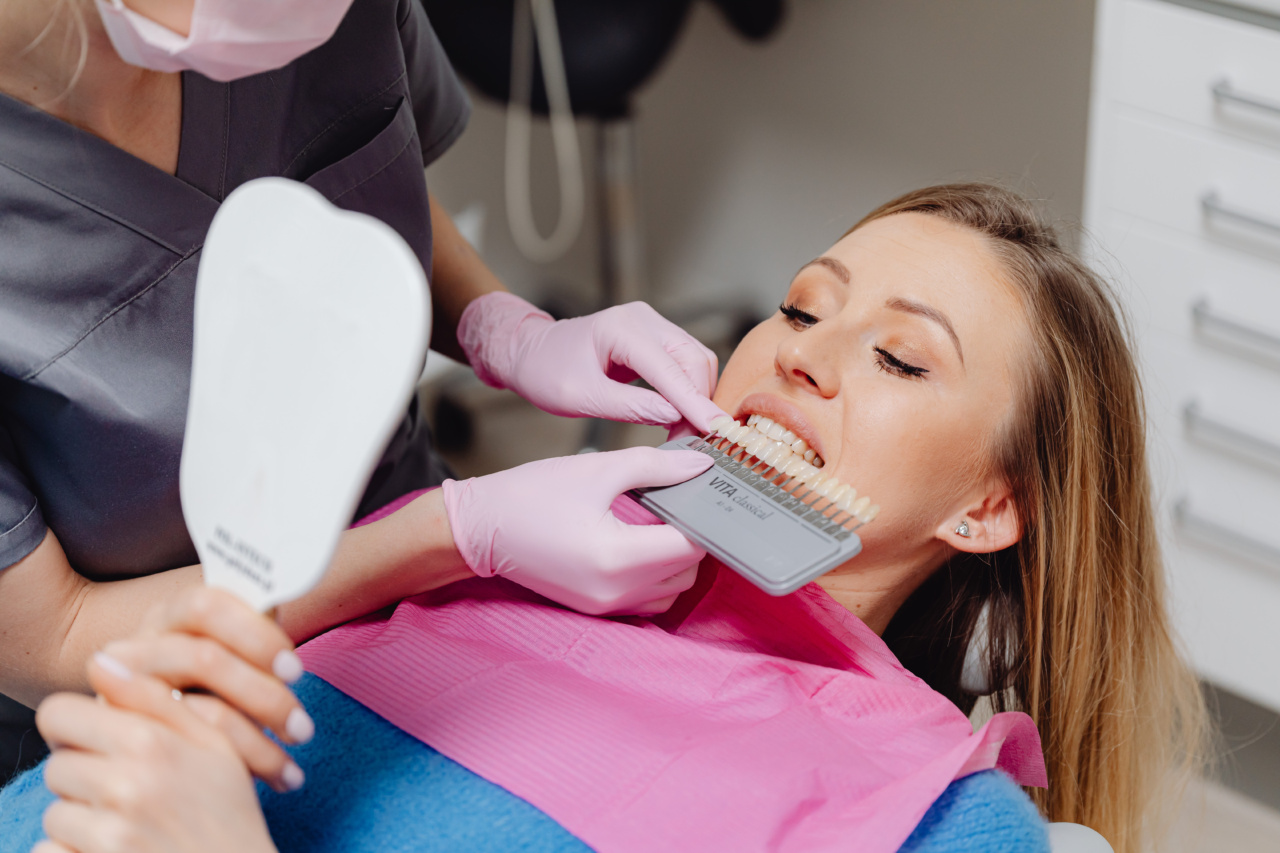Female hygiene refers to the practices and habits that are essential for maintaining cleanliness and promoting good health in women. It includes various aspects such as menstrual hygiene, genital hygiene, and overall personal hygiene.
Taking care of female hygiene is crucial to prevent infections, maintain a healthy reproductive system, and promote overall well-being. In this comprehensive guide, we will cover everything you need to know about female hygiene, including tips, best practices, and common misconceptions.
Menstrual Hygiene
Menstruation is a natural process that occurs in women of reproductive age. Proper menstrual hygiene practices are necessary to ensure comfort, prevent infections, and maintain overall health during this time.
Here are some essential tips for maintaining menstrual hygiene:.
1. Use the Right Menstrual Products
Selecting the appropriate menstrual products, such as sanitary pads, tampons, or menstrual cups, is crucial. Choose products that are comfortable, do not cause irritation, and have adequate absorbency.
2. Change Regularly
It is important to change menstrual products regularly to avoid bacterial growth and prevent odor. The frequency of changing your menstrual product depends on the flow, but it is generally recommended to change every 4-6 hours.
3. Proper Disposal
Ensure that you dispose of used menstrual products properly. Wrap them securely and dispose of them in designated bins to maintain cleanliness and prevent the spread of infections.
Genital Hygiene
Genital hygiene involves keeping the external reproductive organs clean and healthy. Here are some important practices to follow:.
1. Daily Washing
Regularly wash the genital area with mild, fragrance-free soap and warm water. Avoid using harsh soaps or douches, as they can disrupt the natural balance of bacteria and cause irritation.
2. Pat Dry
After washing, gently pat the genital area dry with a clean towel. Avoid rubbing, as it can cause irritation or microtears in the skin.
3. Avoid Irritants
Avoid using scented feminine hygiene products, such as sprays or powders, as they can cause irritation. Similarly, opt for underwear made of breathable fabrics like cotton and avoid synthetic materials that can trap moisture.
Personal Hygiene
Personal hygiene practices are crucial for overall well-being and to prevent the spread of infections. Here are some essential personal hygiene habits every woman should follow:.
1. Daily Bathing or Showering
Regular bathing or showering is essential to keep the body clean and fresh. Use a mild soap or body wash to cleanse the entire body, paying attention to areas prone to sweat, such as the underarms and groin.
2. Hand Hygiene
Keep your hands clean by washing them thoroughly with soap and water. This helps prevent the transfer of bacteria and germs to your body or other surfaces.
3. Oral Hygiene
Oral hygiene is not only important for dental health but also for overall well-being. Brush your teeth twice a day, floss regularly, and visit your dentist for routine check-ups.
Common Misconceptions
There are several misconceptions surrounding female hygiene. It is important to separate myths from facts to maintain optimal hygiene. Here are some common misconceptions:.
1. Vaginal Douching
Contrary to popular belief, vaginal douching is unnecessary and can be harmful. The vagina is self-cleaning and has a delicate balance of bacteria that helps prevent infections.
Douching disrupts this natural balance and can lead to infections or other complications.
2. Using Feminine Sprays or Powders
Using scented feminine sprays or powders to mask odor is unnecessary and can cause irritation or allergic reactions.
Proper hygiene practices, such as washing regularly, changing menstrual products, and wearing breathable underwear, are sufficient to maintain freshness.
Conclusion
Maintaining female hygiene is essential for overall health and well-being. By following proper menstrual hygiene practices, taking care of genital hygiene, and maintaining personal hygiene, women can prevent infections and promote optimal health.
It is important to debunk common misconceptions and rely on evidence-based practices to ensure the best possible female hygiene.






























